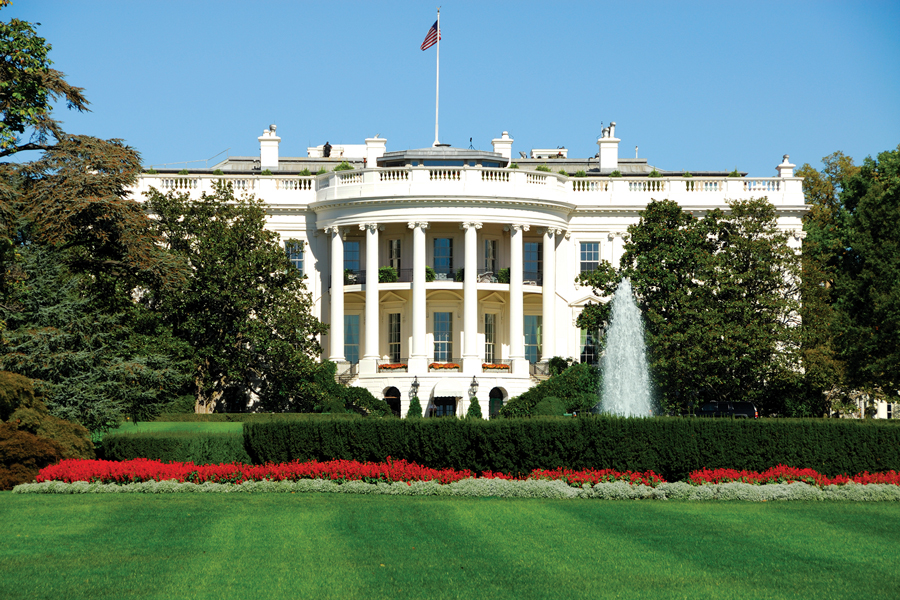One thing the Trump administration and Congress can agree on is the need to ease the burden of student loans.
In March, the
White House said one of its goals in reforming the Higher Education Act was to establish "commonsense limits on federal student loans, as well as improved guidance to students regarding their likely ability to fulfill repayment obligations."
The administration said Congress should limit the amount of loans that can be obtained through the Parent Plus and Graduate Plus programs.
Parent Plus allows parents to take out loans equal to the difference between the cost of attendance and the amount of financial aid a child receives. The loans have a fixed interest rate of 7.6%.
(
More:
The college admissions scandal and the unwarranted reputation of top-tier schools)
The Trump administration is also asking Congress to consolidate five income-driven loan repayment options into one plan that caps monthly payments at 12.5% of the borrower's discretionary income. It also said Congress should extend loan forgiveness to all undergraduate students after 15 years of repayment.
Last week, Sen. Jeff Merkley, D-Ore., and Rep. Rosa DeLauro, D-Conn., introduced the
Affordable Loans for Any Student Act. Under the measure, the current five repayment plans would be replaced with two. One would be a fixed repayment plan with equal monthly payments over 10 years. The other would base repayments on 10% of income and be capped at 20 years.
Three Senate bills were introduced March 27 that would require more transparency surrounding financial aid and student loans.
"Students often face hardships after graduation because they borrowed more from the federal government than they can afford to repay with the degree they earned," one of the authors, Sen. Chuck Grassley, R-Iowa, chairman of the Senate Finance Committee, said in a statement. "These bills would help take the mystery out of college costs and ensure that students know what they're getting themselves into before they get in over their heads."







